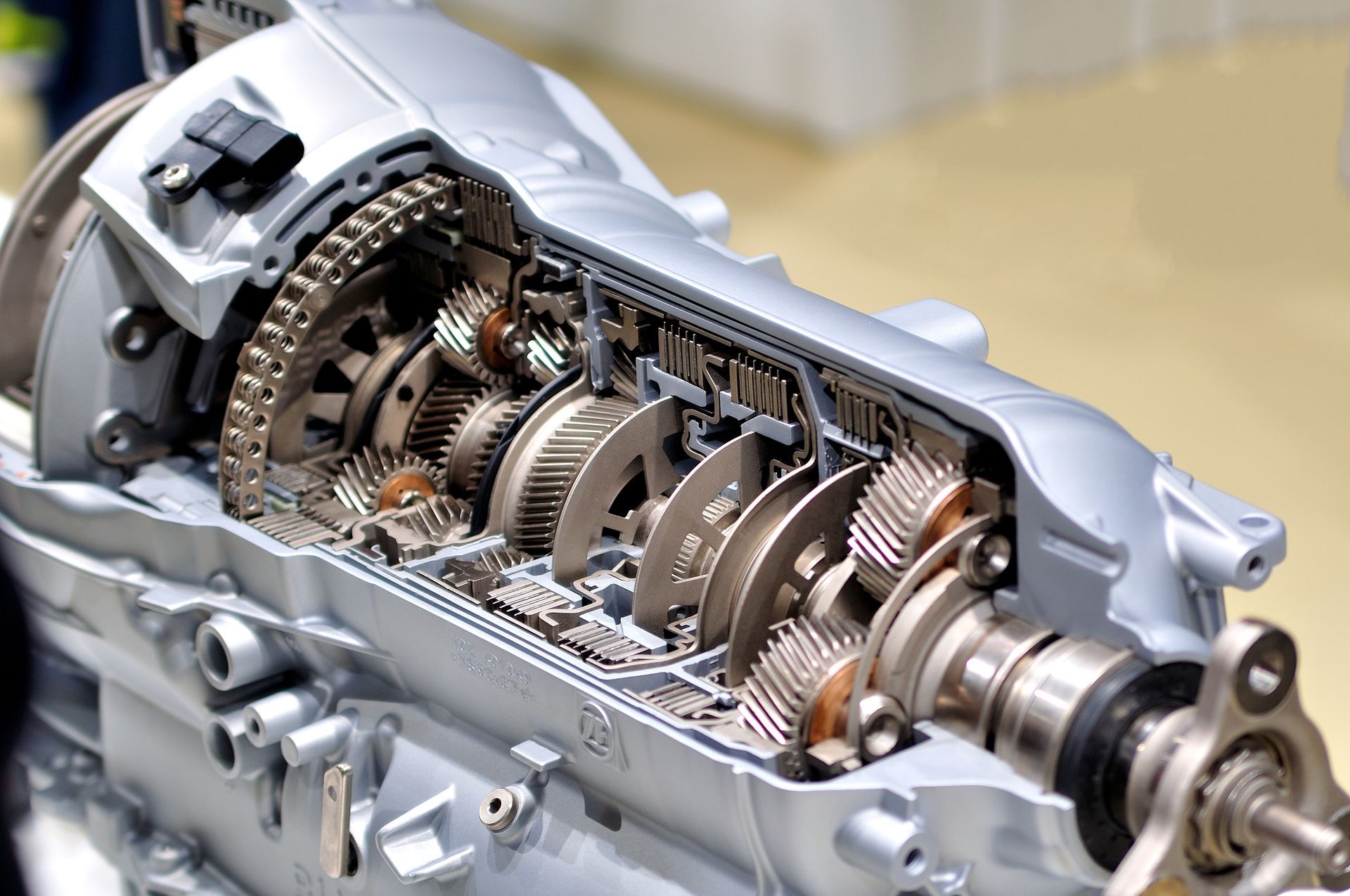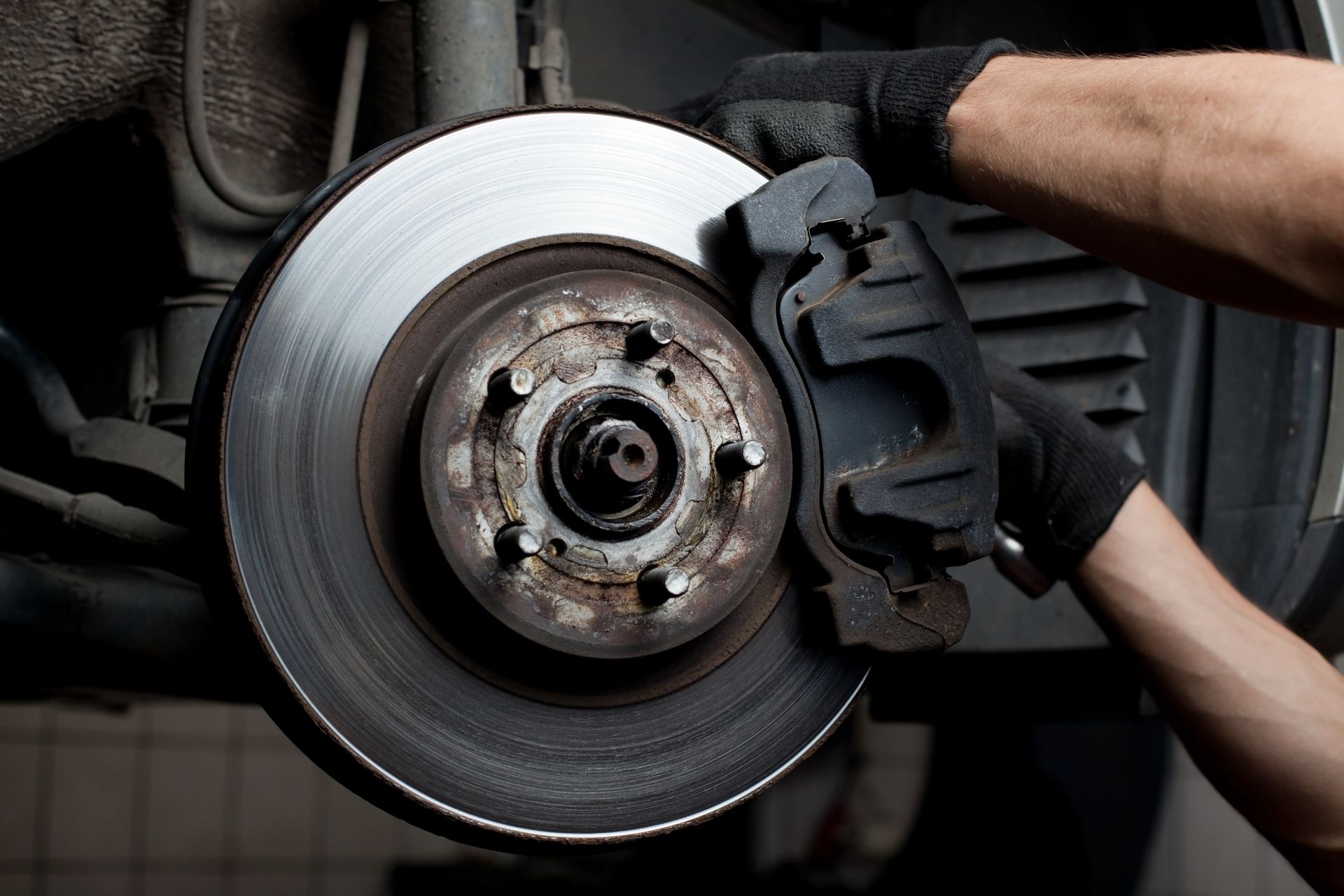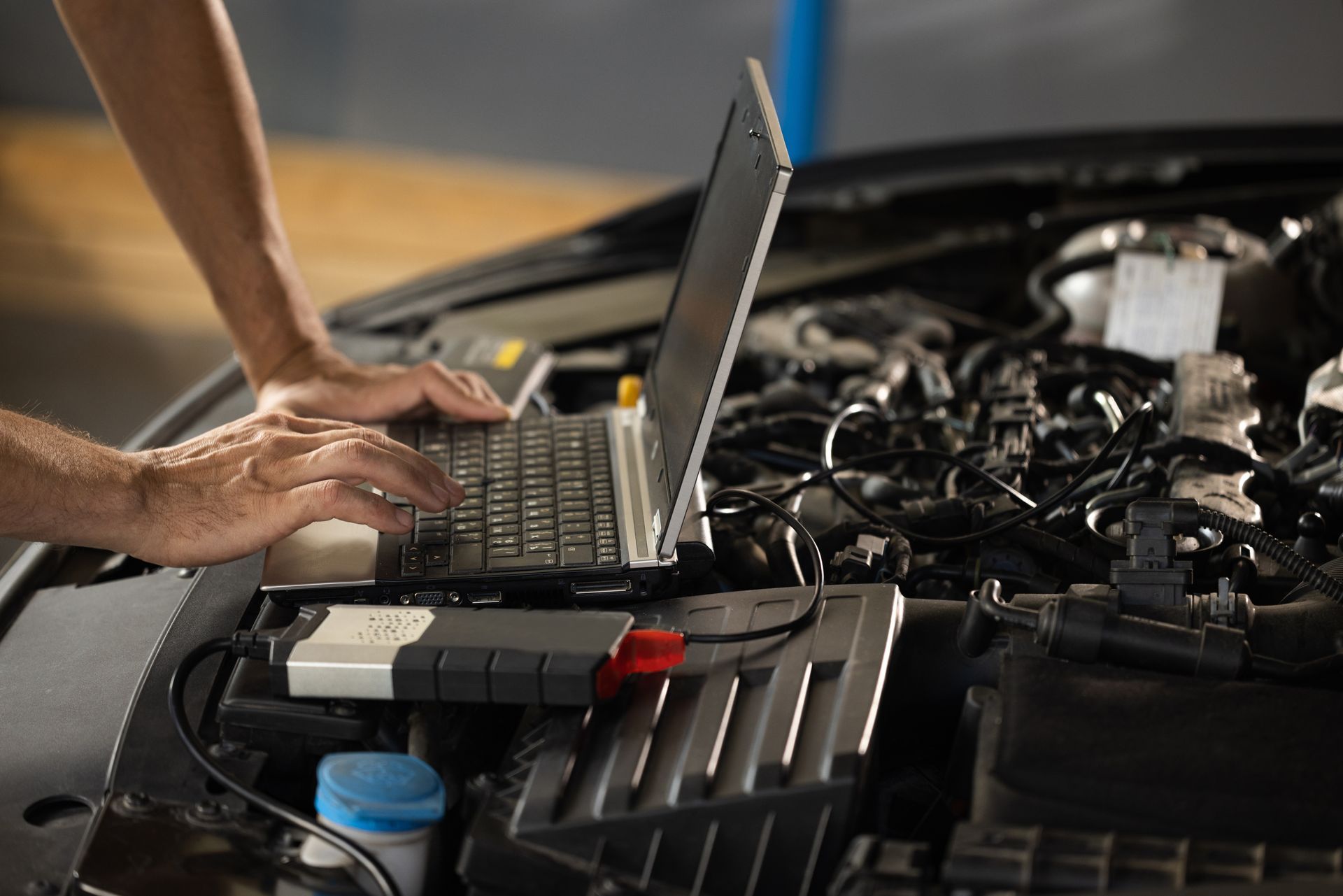Engine & Transmission Repair: What Every Car Owner Should Understand

When you bought your first car, you heard your dad talk about how much of an investment owning a car is. Needless to say, he was right. Having your vehicle is more than just a convenience; it’s an investment in your daily life. But like any investment, it requires care and attention.
However, when the engine or transmission of that investment starts to show signs of trouble, the stress can quickly add up. Not understanding the complexities of these vital components can leave you feeling overwhelmed, not to mention the cost of repairs.
Whether you’re a seasoned car owner or a first-timer, understanding how your engine and transmission work and how to repair them can empower you to make better decisions and avoid costly mistakes.
In this blog, we’ll break down the essentials so you’re equipped to conduct repairs with confidence and knowledge. Here’s all your need to know about engine and transmission repair:
Understanding the Heart of Your Car: The Engine
The engine is the core of your vehicle; it’s what makes everything run. It converts fuel into energy through a series of controlled explosions, ultimately driving the car’s wheels. Without a well-functioning engine, your car isn’t going anywhere. Hence, it’s important to make sure that your car’s engine is always functioning optimally.
Here are the main things every car owner should know about their engine:
Common Engine Problems
Overheating: If your engine runs hot, it could be due to a coolant leak, a faulty thermostat, or a broken radiator. Overheating can lead to severe damage, so if your temperature gauge spikes, pull over immediately and turn off the engine. Next, call your mechanic to ask for advice on how to proceed.
Oil Leaks: Oil is crucial for lubricating your engine’s moving parts. If your car is leaking oil, it can lead to friction, wear, and eventually, engine failure. Keeping an eye on oil levels and having regular oil changes can prevent these issues.
Misfiring: A misfire occurs when one or more cylinders fail to ignite fuel properly, causing rough idling, poor acceleration, or stalling. It can be caused by issues with the spark plugs, fuel injectors, or ignition coils.
When to Seek Professional Help
If you hear knocking sounds, notice the “Check Engine” light, or experience unusual vibrations, it’s time to visit a mechanic. Early detection can prevent a minor issue from turning into an expensive repair.
Transmission: The Gearbox That Keeps You Moving
The transmission is what takes the power from your engine and translates it into motion, changing the gears so you can accelerate smoothly and efficiently. Without it, your car wouldn’t be able to shift between speeds, making it impossible to drive.
Here’s all you need to know about transmission:
Types of Transmissions
There are two types of transmissions:
Automatic: Common in most modern cars, an automatic transmission changes gears for you as the car accelerates and decelerates. It’s a bit more complex than a manual but more convenient for drivers who don’t want to shift gears themselves.
Manual: A manual transmission requires the driver to manually shift gears using a clutch and gear stick. While it offers more control over the vehicle, it requires more skill and attention.
Common Transmission Problems
Slipping Gears: This is when the transmission unexpectedly changes gears without you prompting it. This could be due to low transmission fluid or a worn-out clutch.
Hard Shifting or Grinding: If shifting gears feels rough, or you hear grinding noises when you change gears, the issue could be with your clutch, synchronizers, or gear teeth.
Fluid Leaks: Just like engine oil, transmission fluid lubricates the transmission’s moving parts. A leak could cause serious damage, and transmission fluid levels should be checked regularly.
Warning Signs That Something’s Wrong
If your car won’t accelerate smoothly, or if you notice jerky or delayed shifts, don’t ignore it. Delayed shifts could signal a need for fluid replacement or deeper mechanical issues. The sooner you address these problems, the cheaper and easier the repair will be.
Regular Maintenance Can Save You Big
One of the best ways to prevent major engine or transmission repairs is through regular maintenance. Regularly checking your engine and transmission fluids, monitoring temperature gauges, and being proactive about issues that arise can extend the life of your vehicle.
Simple Steps to Keep Things Running Smoothly
Here are some tips to ensure your transmission runs efficiently and without problems:
Change your oil: Regular oil changes (usually every 3,000 to 7,000 miles) will keep your engine running smoothly and prevent overheating and sludge build-up.
Check transmission fluid: If you have a manual transmission, check fluid levels every 30,000 miles. For automatics, get your fluid checked every 60,000 miles.
Keep an eye on belts and hoses: Worn belts or hoses can lead to engine breakdowns. These parts should be inspected regularly to ensure they’re in good condition.
When Are Repairs Necessary?
Unfortunately, engine and transmission repairs aren’t cheap, but catching problems early can prevent more extensive damage and ultimately save you money. If your car is still under warranty, check what’s covered, as many warranties include engine and transmission components.
If you’re dealing with a repair out of warranty, always get multiple quotes from reputable repair shops to compare costs. While it might be tempting to go with the lowest price, be sure the shop has a solid reputation for quality work.
By keeping an ear to the ground and staying proactive about car care, you can ensure that your vehicle stays reliable, and your repair costs stay manageable.
Call the Experts Today!
Whether you’re dealing with engine issues, transmission troubles, or just need routine maintenance, Doug’s Mobile Auto Repair in Macomb, MI is here to help.
With over 20 years of combined experience and a commitment to excellence, Chad and Joe, along with our certified technicians, offer expert service you can trust. We understand the value of convenience, which is why we offer both shop-based services and mobile repairs, bringing the shop to you!
Don’t wait for small issues to become costly problems. Contact Doug’s Mobile Auto Repair today to schedule an appointment, and let us help you keep your car running smoothly.
Call us now or visit our website to learn more about our services and book your next repair.





